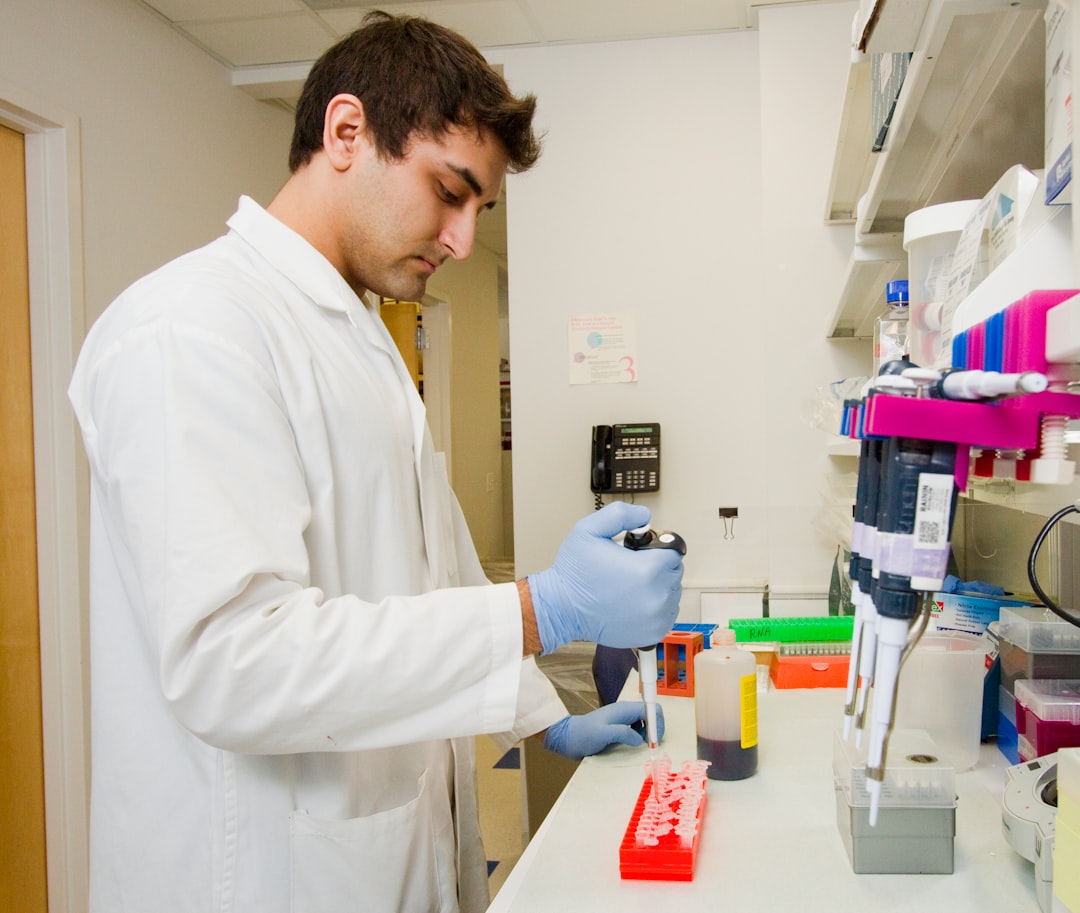 Photo from unsplash
Photo from unsplashOriginally Posted On: https://medicarewire.com/blog/does-medicare-cover-blood-tests/
Medicare covers many common laboratory tests and diagnostics needed to keep you healthy or diagnose a symptom. This includes many blood tests for things like hepatitis, sexually transmitted infections (STIs), triglycerides, cholesterol, lipids, and most preventive care lab tests. In this MedicareWire.com article, we’ll explain what lab tests Medicare covers.
Blood tests are covered under Medicare Part B (medical insurance) if you have Original Medicare. If you have a Medicare Advantage plan, your plan must offer the same basic coverage benefits as Original Medicare, however, your primary care doctor will likely need to order your blood test for you. You can find your Medicare Advantage plan’s lab test copay costs here.
What Blood Tests Does Medicare Cover?Original Medicare coverage will only pay for blood tests performed at Medicare-approved testing facilities. These facilities accept payment from Medicare. This includes not only the location where the blood draw is done but also the laboratory that performs the test (if it’s not on-site).
In general, Medicare covers all blood tests ordered by your doctor for a medically necessary purpose. In other words, if your doctor needs a test to determine your health status, Medicare covers it. Medicare will not cover a blood test unless it is ordered by your doctor. This includes your annual wellness visit.
Medicare typically covers a portion of blood tests that are done to confirm an illness or measure vital conditions, such as your cholesterol level. However, because these tests are covered under Medicare Part B. Before Medicare pays anything for your laboratory tests, you must pay the annual Part B deductible. After that, Medicare pays 80 percent of most lab work costs, and you pay the remaining 20 percent as coinsurance.
Blood tests that are done as part of an inpatient hospital stay, skilled nursing facility stay, home healthcare visit, or hospice are generally covered by Medicare Part A. Often doctors leverage these tests to make diagnoses and direct treatment plans.
Medically necessary blood tests are done to confirm things such as diabetes, infections, vitamin deficiencies that are causing illness, and more. You need to check directly with Medicare to ensure that the tests your doctor orders are covered by your policy. In some instances, Medicare may also pay a portion of preventive blood tests. If this is the case, you would only be responsible for your portion of the co-pay or coinsurance after the deductible is met.
If you have Original Medicare and a Medigap plan (learn more here) to help pay the out-of-pocket costs associated with blood tests, your Medigap plan will cover its share up to the limits of the plan.
What About High-Risk Health Conditions?If your doctor has diagnosed you as a higher-risk patient, due to obesity, heart disease, or another high-risk chronic health condition, the screening tests needed to monitor your health condition are covered by Medicare.
Medicare also covers high-risk cancer screenings for both men and women, including the prostate-specific antigen (PSA) test and Pap smear. These tests are available at no cost to Medicare beneficiaries every 12 months after the age of 50.
Does Medicare Advantage pay for blood tests?Another option that many Medicare beneficiaries choose is Medicare Advantage. These plans are offered through private insurance companies and often include benefits above and beyond what Original Medicare covers. At a minimum, they must offer the same services as Medicare Parts A and B. But they also can include other medical coverage such as vision care, dental care, weight loss services, and more.
Medicare Advantage plans vary in price and coverage. They do pay for diagnostic tests including blood tests, medically necessary scans, and more. Your costs under Medicare Advantage may be different than Original Medicare. Some of these plans have higher out-of-pocket costs, but low monthly premiums.
If you have a Medicare Advantage plan and need blood work, you will have a copayment that’s specified in the plan’s summary of benefits. MedicareWire offers free summary-of-benefits downloads on its Medicare Advantage plan pages. Advantage plans may cover some tests not covered by Original Medicare, so check with your health care provider or plan if you’re not sure.
If you are thinking of switching from Original Medicare to Medicare Advantage, speak with a licensed insurance agent who can help you find the best plan and get you through the enrollment process.
Does Medicaid Pay for Blood Tests?If you qualify for both Medicare and Medicaid, in most cases Medicaid will cover nearly all of your costs for blood work. Visit www.medicare.gov to learn more about how to qualify.
Does Medicare Part D Cover Blood Tests?Medicare Part D is an optional coverage that helps pay for your prescription medications. It does not cover blood work.
SummaryMost blood tests you need to diagnose a problem, detect a health issue early, and keep you healthy are covered by Medicare. Many of these tests are covered at no cost to you during your annual wellness visit, so be sure to discuss your needs with your doctor.
Citations & References:medicare.gov
- Medicare.gov: the official U.S. government site for Medicare | Medicare
http://www.medicare.gov/ - How to compare Medigap policies | Medicare
https://www.medicare.gov/supplements-other-insurance/how-to-compare-medigap-p… - Clinical Laboratory Tests Coverage
https://www.medicare.gov/coverage/clinical-laboratory-tests
cms.gov
- https://www.cms.gov/Medicare/CMS-Forms/CMS-Forms/Downloads/CMS10106.pdf
- Local Coverage Article for Local Coverage Determination (LCD) Reconsiderati…
https://www.cms.gov/medicare-coverage-database/details/article-details.aspx?a… - Local Coverage Article for New Local Coverage Determination (LCD) Request P…
https://www.cms.gov/medicare-coverage-database/details/article-details.aspx?a…












